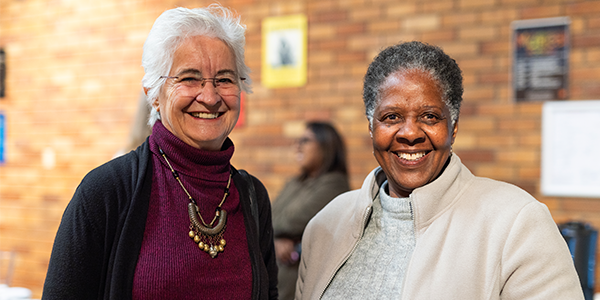
Wits School of Education honours women in education
Annual event spotlights the exceptional achievements of women shaping the future of academia.

Annual event spotlights the exceptional achievements of women shaping the future of academia.
.jpg)
University of Southern California doctoral students return for more from Wits.
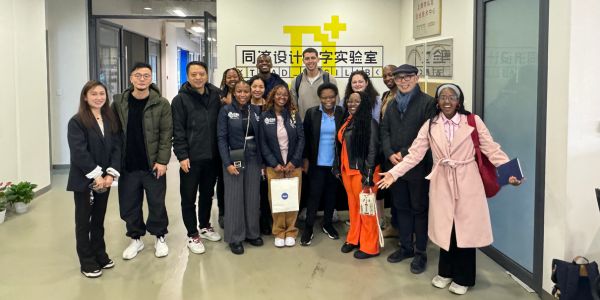
Wits students gain global perspectives on innovation, leadership, and sustainability during an educational tour to China.

TVET colleges must be strengthened to provide niche, high-quality training to counter the reality of their students’ weak, prior educational achievements.

The clumsy rules for employers to get training money back actually encourages them to give poor data.
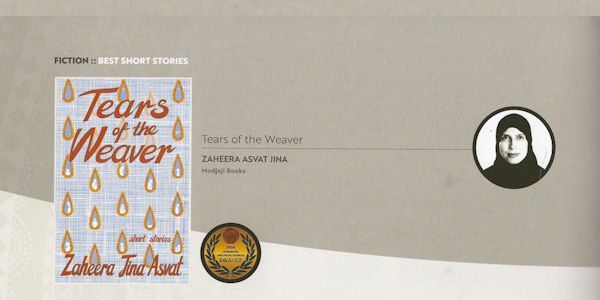
Scholars in the School of Arts and the School of Education distinguished themselves at the 2024 National Institute of Humanities and Social Sciences Awards.
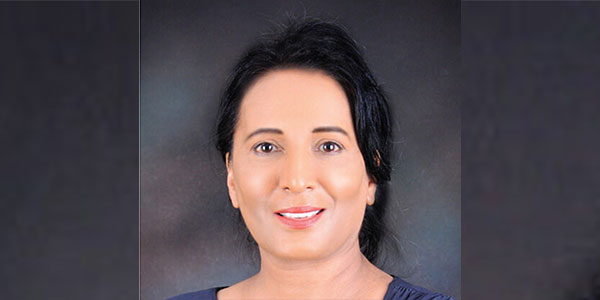
Dr Juliet Perumal, Head of the Wits School of Education, to new students at the School.
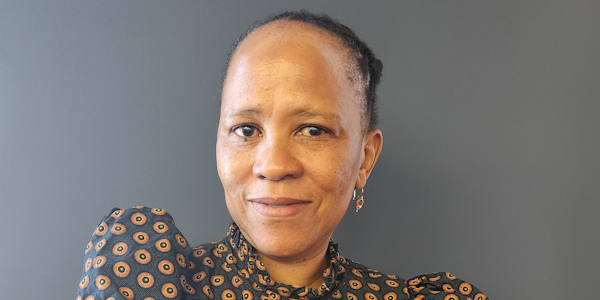
Science education professor envisages a theoretical construct to help high school teachers teach Chemistry – wins global recognition.
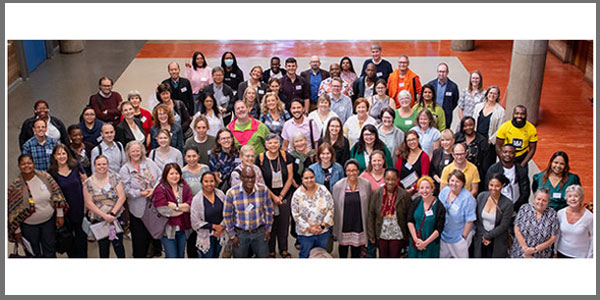
Wits University hosts the Fifth International Legitimation Code Theory Conference.
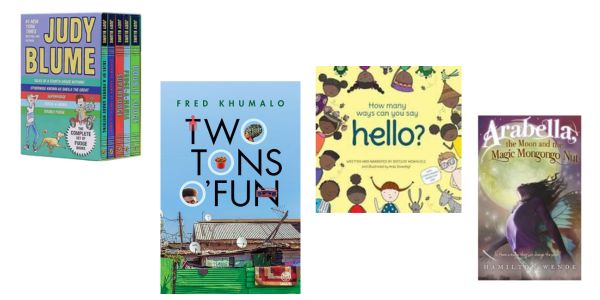
A reading list for children, tweens and teens from a Wits academic, writer and founder of Jozi’s Books and Blogs Festival.
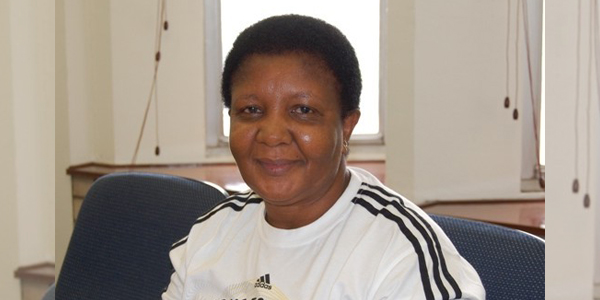
Wits is saddened by the loss of Professor Lolwana, who recently retired as the Director of the Centre for Researching Education and Labour (REAL).
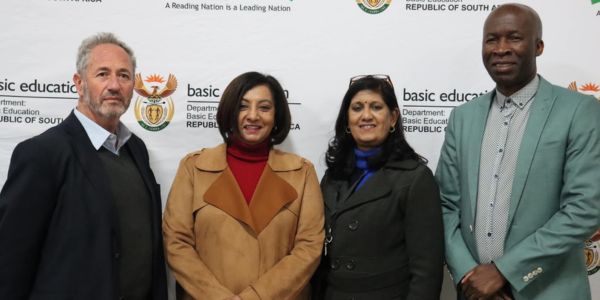
The Wits School of Education (WSoE) hosted the Department of Basic Education (DBE) to re-envision South Africa's education sector.
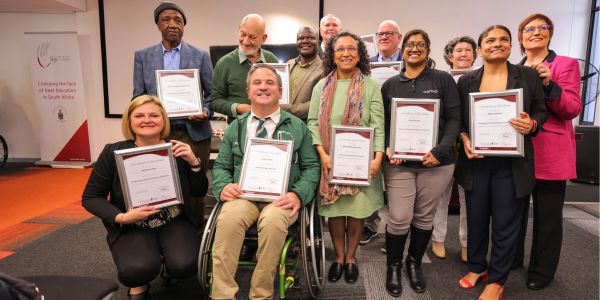
Agents at the heart of creating a better world for the Deaf community mark 25 years of impact and partnerships.
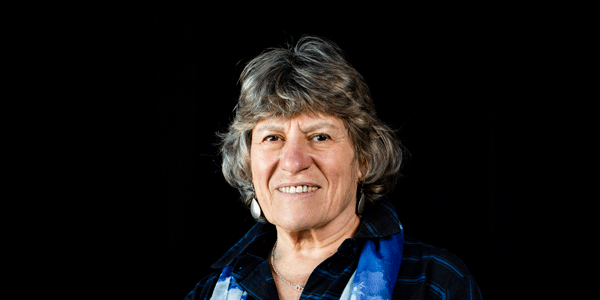
National Research Foundation awards Wits Professor Jill Adler for advancing maths teaching, research, and empowering maths educators in post-democratic SA.
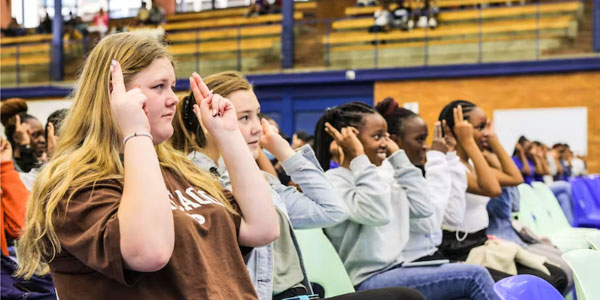
Here is how this will help Deaf people to finally have an opportunity to be properly educated in a language they understand.

South Africa needs to reskill and upskill in the face of changing technology and shifting workplaces.
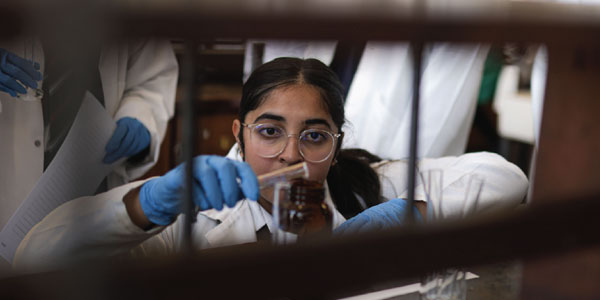
How good is a science curriculum that’s insulated from working scientists or that ignores climate change and sustainable development?

The South African National Energy Association (SANEA) will launch its South African Energy Skills Roadmap on 27 January 2023.

Education can’t make up for inadequacies in other policies that continue to cause mass unemployment.
The Faculty of Humanities recently launched a new podcast series, The Future in the Humanities - Reimagining the Humanities from the Global South.
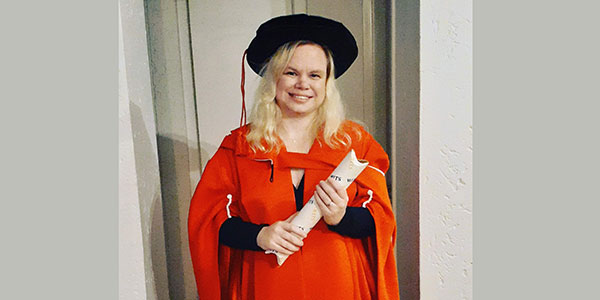
A journey that was almost thwarted just as the undergraduate degree was in the bag.
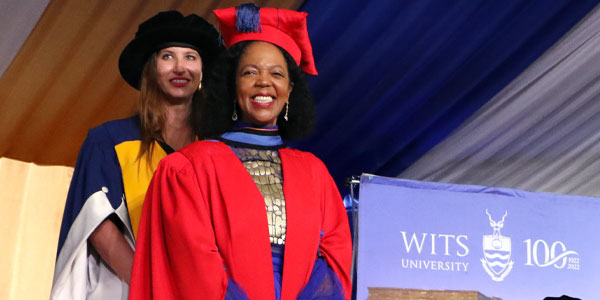
Respect for the profession created the need to do this qualification, says Dlamini.

Twelve Wits researchers are contenders for the prestigious NSTF-South32 Awards for 2021/2022, four of whom were nominated in two categories each.
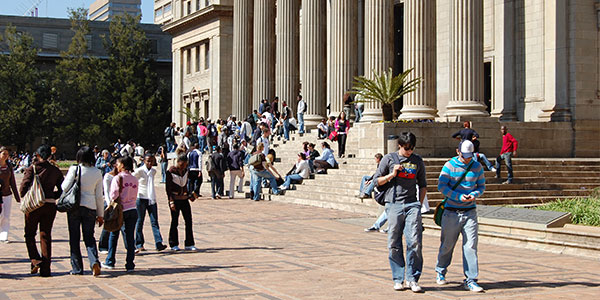
It was an upbeat post-pandemic return to campus when Wits academics gathered to celebrate research excellence.
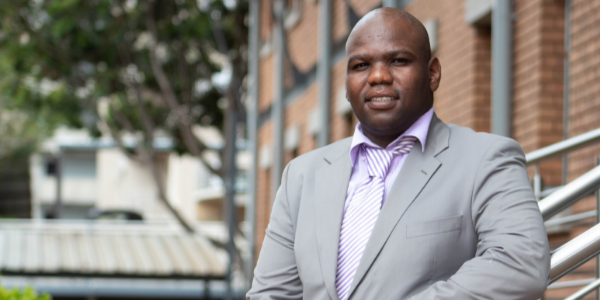
A researcher and lecturer in the Wits School of Education has begun 2022 with three high-profile achievements.
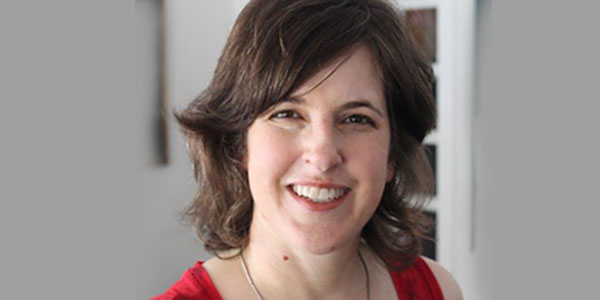
Wits Covid-19 Hero, Professor Lee Rusznyak spearheaded an initiative that assisted teaching students from 24 South African universities.

To help close the maths gap in South Africa, Wits experts believe the focus should lie on the teacher.
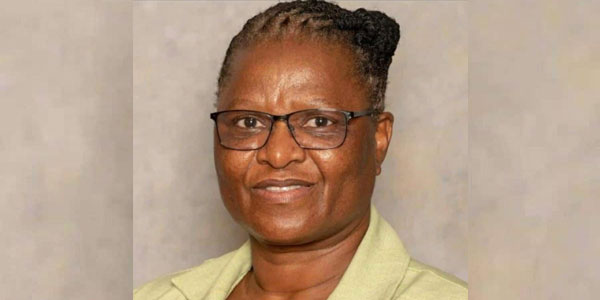
Professor Audrey Msimanga, the Head of the Wits School of Education, has passed away.
All thanks to a nation-wide project, current and future cohorts of student teachers will be better equipped when they step into the classroom.
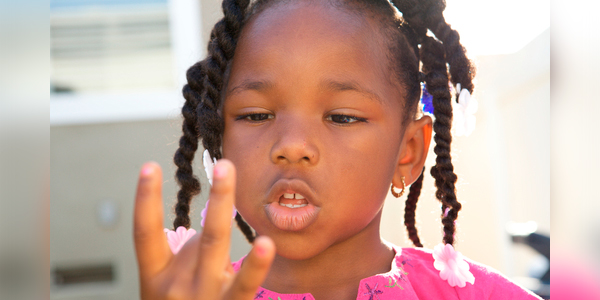
Covid-19's lockdown leads maths scores particularly being badly affected but a return to core concepts could be the answer to a pre-pandemic problem.
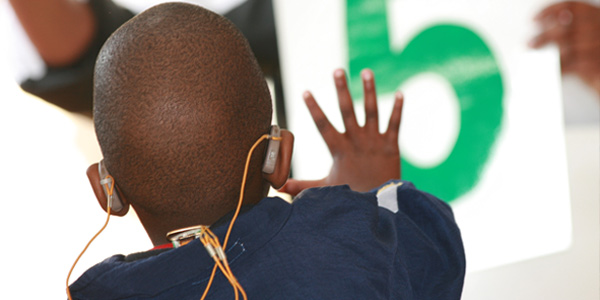
The Centre for Deaf Studies (CFDS) at Wits is contributing to society by keeping the Deaf community informed about the coronavirus pandemic.

50+ economists and others from Wits are part of a group of more than 78 who wrote an open letter urging President Cyril Ramaphosa for more significant action.
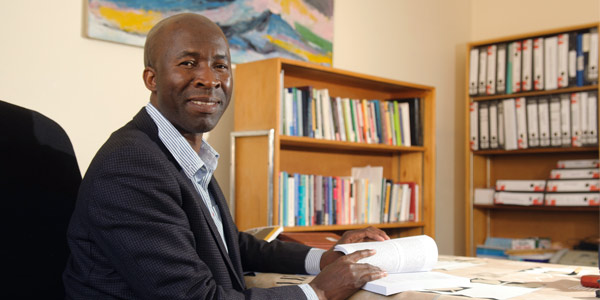
A national strategy for mother tongue languages will guide action and address deeply held beliefs about African languages, writes Professor Makalela.
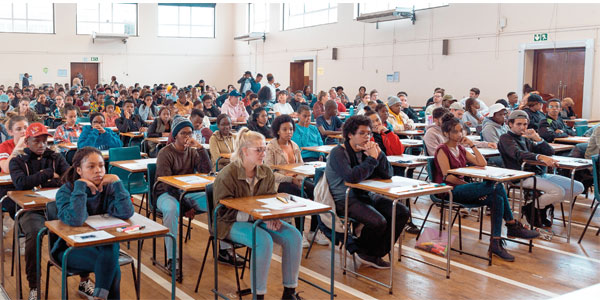
Legitimation Code Theory (LCT) is not a magic bullet to transform education, but it holds potential for educators and students.
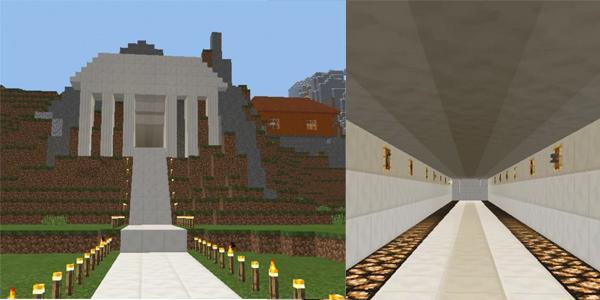
Students in the School of Therapeutic Sciences and the School of Education at Wits competed to build a world in online game, Minecraft.
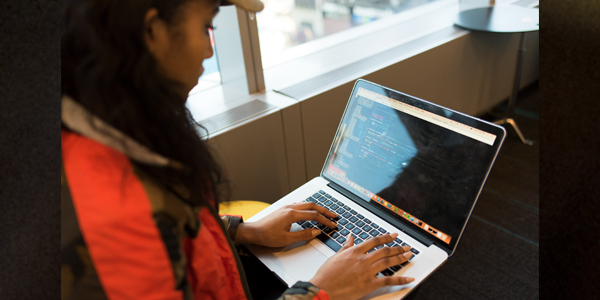
The third international LCT (Legitimation Code Theory) conference hosted at Wits was huge success with 160 delegates in attendance and 98 papers presented.
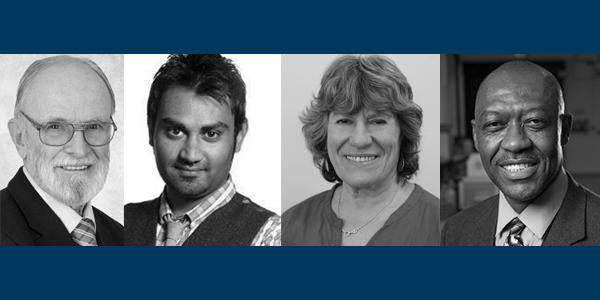
Eight Witsies are finalists in six categories of the NSTF-South 32 Awards, dubbed the ‘Science Oscars’.
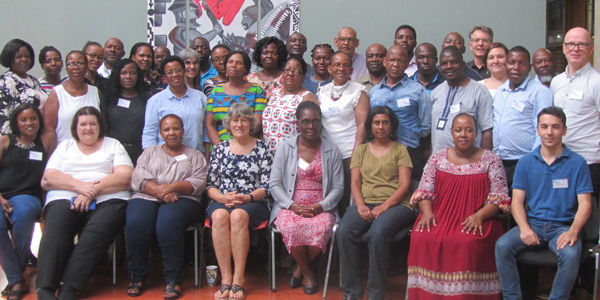
Wits Maths Connect Secondary Project shares a home-grown resource for secondary maths teaching with educators from the SADEC region.
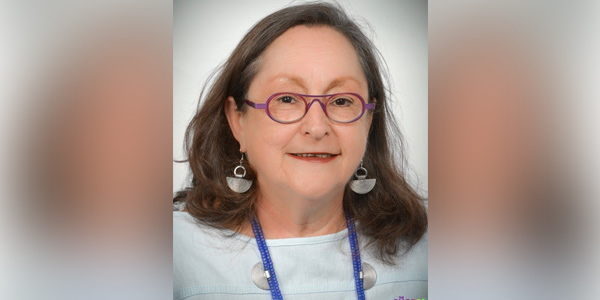
Multi-award winning Education Professor Emerita, Hilary Janks, reflects on language and power, and offers insight into the poor literacy levels in South Africa.
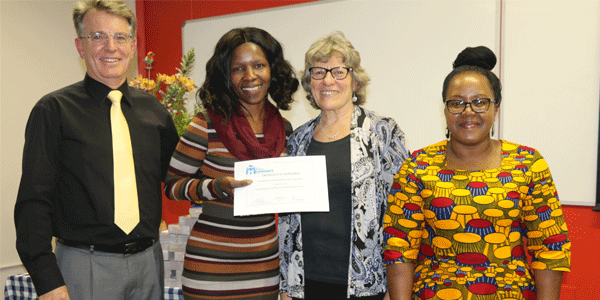
Innovative and engaging teaching methods can make mathematics comprehensible and ‘cool’.
The National Research Foundation has recognised Wits researchers for advancing their fields.
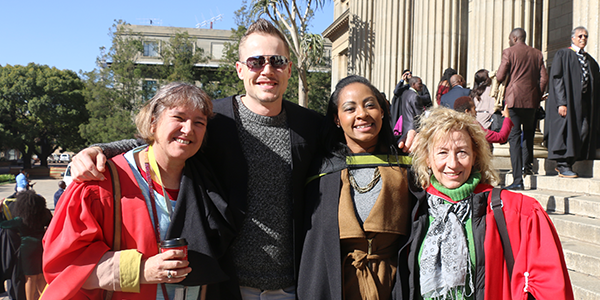
It is life-changing, say discipline experts, about a programme for lecturers.
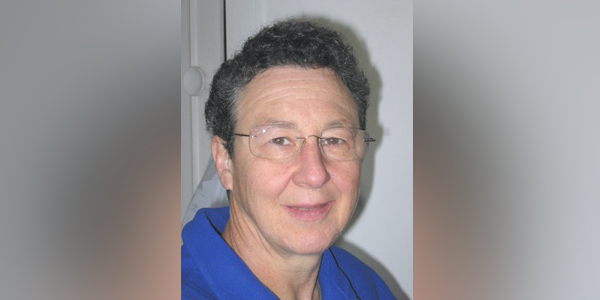
Professor Marissa Rollnick is admired for her efforts in unlocking more creative teaching practices among science educators.
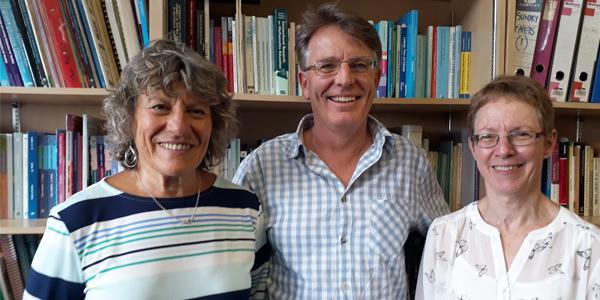
The Marang Centre for Mathematics and Science Education is advancing specialized knowledge in the field locally and through collaboration with the global north.
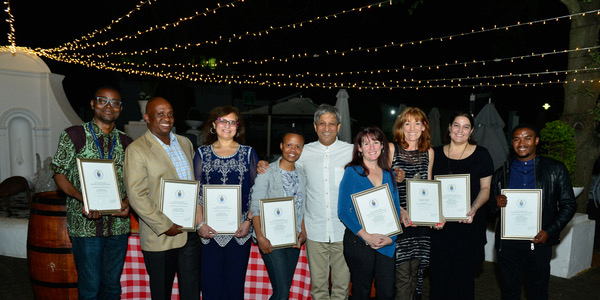
Several Witsies were recognised for their exceptional service to the University at the annual Vice-Chancellor’s Awards.
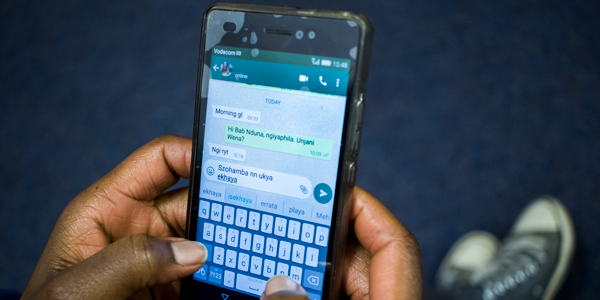
Is tech killing indigenous African languages? Prof. Leketi Makalela, head of Languages, Literacies and Literatures in the Wits School of Education talks back.
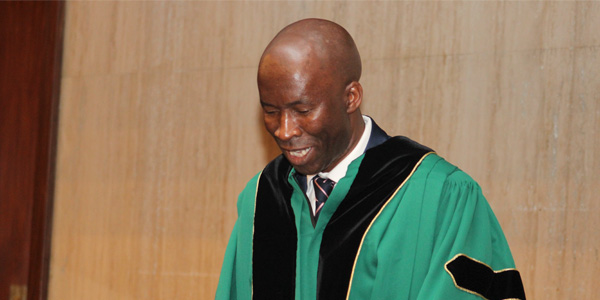
Professor Leketi Makalela argued for the strategic use of more than one language as a transformative and decolonising pedagogy in his inaugural lecture.
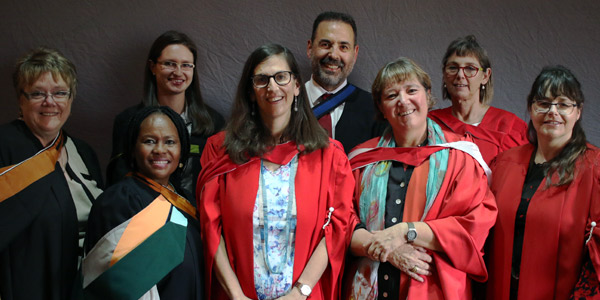
Seven Wits staff members graduated with a Postgraduate Diploma in Higher Education [PGDipE(HE)] during the Faculty of Humanities graduation ceremony.
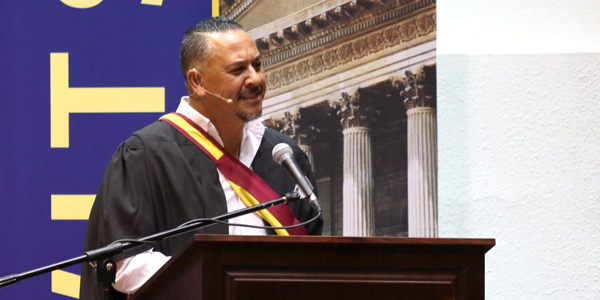
Wits School of Education praised for shaping future teachers and educators.
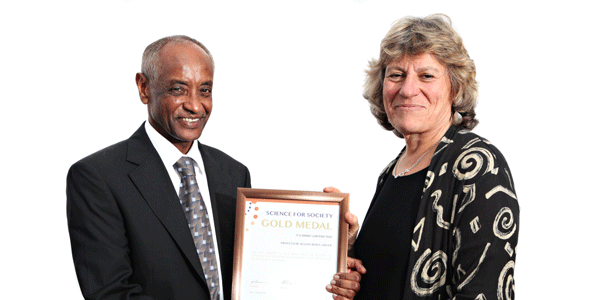
Professor Jill Adler has been appointed president of a leading international maths research organisation with 94 member countries.